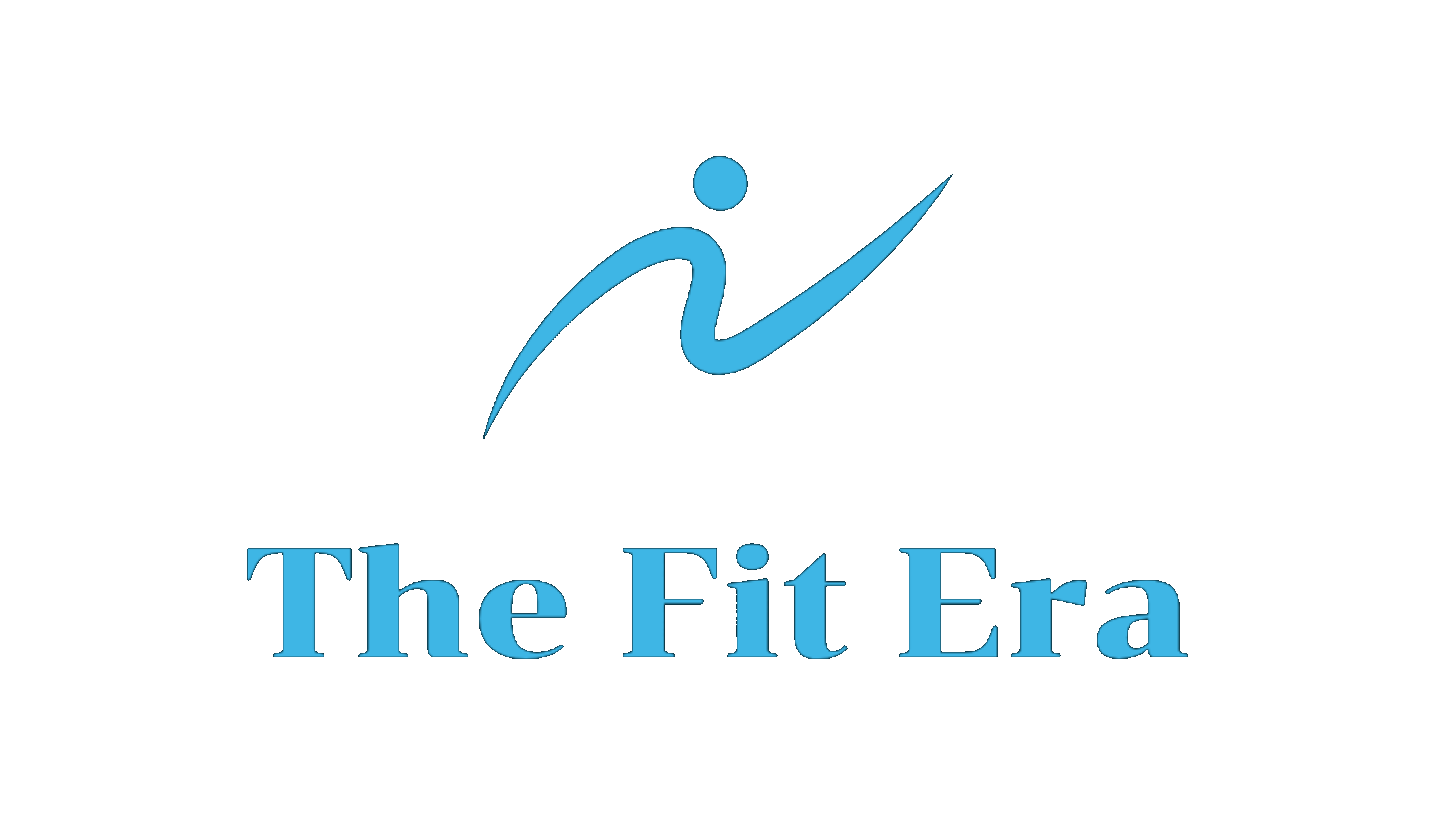
Diet for a 75 Year Old: Building a Healthy Lifestyle in Later Years
A balanced diet plays a vital role in maintaining health and independence for older adults. Whether you’re looking for a diet for a 75-year-old, healthy diet for elderly people, or a free diet plan for elder individuals, understanding the right nutritional needs is key to enjoying a vibrant life. In this post, we’ll discuss important dietary considerations for seniors, outline a sample meal plan, and offer tips to help you or your loved ones thrive in their golden years.

Why Is Diet Important for Older Adults?
As we age, our bodies undergo changes in metabolism, bone density, and muscle mass. A well-rounded diet for elders should address these changes by including foods rich in vitamins, minerals, protein, and fiber. Proper nutrition helps maintain energy levels, supports immune function, and reduces the risk of chronic diseases like heart disease and diabetes.
Key Focus Areas for a Senior Diet
Protein: Helps preserve muscle mass and strength.
Fiber: Aids digestion and promotes a healthy gut.
Calcium and Vitamin D: Supports bone health and reduces the risk of osteoporosis.
Healthy Fats: Contribute to heart health and reduce inflammation.
Hydration: Prevents fatigue and supports overall bodily functions.
Essential Nutrients in a Healthy Diet for Elderly People
Lean Protein Sources
Fish, poultry, eggs, beans, and low-fat dairy.
Aim for at least two servings of protein per day to maintain muscle mass.
Whole Grains and Fiber
Brown rice, oats, whole wheat bread, quinoa.
Fiber promotes bowel regularity and helps regulate blood sugar levels.
Fruits and Vegetables
Aim for at least 5 servings of fruits and vegetables daily.
Include a variety of colors to ensure a broad range of vitamins and minerals.
Healthy Fats
Avocados, nuts, seeds, and olive oil.
Incorporate these in moderation to support heart health.
Calcium and Vitamin D
Low-fat dairy products, fortified plant milks, leafy greens.
Consult with a healthcare provider about supplementation if needed.
Hydration
Drink at least 6–8 glasses of water per day.
Soups, herbal teas, and water-rich fruits like melon can also help.
Example Meal Plan: Free Diet Plan for Elderly People
Below is a sample 1-day meal plan illustrating a diet for a 75-year-old. Always adjust portion sizes and specific foods based on individual preferences, dietary restrictions, and medical advice.
Breakfast (7:00 AM)
Oatmeal with low-fat milk, topped with fresh berries (fiber and antioxidants).
A glass of water or herbal tea.
Mid-Morning Snack (10:00 AM)
Greek Yogurt with a drizzle of honey and a few walnuts (protein and healthy fats).
Lunch (12:30 PM)
Grilled Chicken Breast or baked fish (protein).
Steamed Vegetables (broccoli, carrots, zucchini).
Brown Rice or quinoa (complex carbohydrates and fiber).
Afternoon Snack (3:00 PM)
Apple Slices with a tablespoon of peanut butter (fiber and protein).
Dinner (6:00 PM)
Vegetable Soup (hydration, vitamins, and minerals).
Whole Wheat Bread or whole grain crackers on the side.
A small Side Salad with olive oil dressing (healthy fats).
Evening Snack (8:30 PM)
Low-Fat Cottage Cheese with sliced peaches or berries (protein and vitamins).
Additional Tips for a Healthy Diet for Elders
Consult a Professional
Always speak with a registered dietitian or healthcare provider for personalized advice, especially if you have underlying health conditions.Stay Active
Combine your diet with light physical activities like walking, swimming, or gentle stretching to maintain muscle strength and flexibility.Monitor Portions
Calorie needs may decrease with age, so be mindful of portion sizes while ensuring nutrient density.Stay Social
Consider cooking and eating meals with family or friends. This can help seniors stay motivated and make mealtime more enjoyable.Keep It Simple
Opt for recipes with fewer ingredients to reduce preparation time and complexity. Fresh, whole foods often require less cooking and offer more nutritional value.
Conclusion: Embrace a Nutrient-Dense Lifestyle
A well-planned diet for a 75-year-old can significantly improve energy levels, support immune function, and enhance overall well-being. By focusing on healthy diet for elderly people principles—such as lean proteins, whole grains, fruits, vegetables, and proper hydration—you’ll set the stage for a happier, healthier life. Remember to tailor any free diet plan for elder guidelines to personal preferences and consult a professional for individualized recommendations.
Need More Guidance?
If you have any questions or want a more personalized diet plan, feel free to reach out. At TheFitEra, we’re dedicated to helping you achieve optimal health and wellness at any age!
